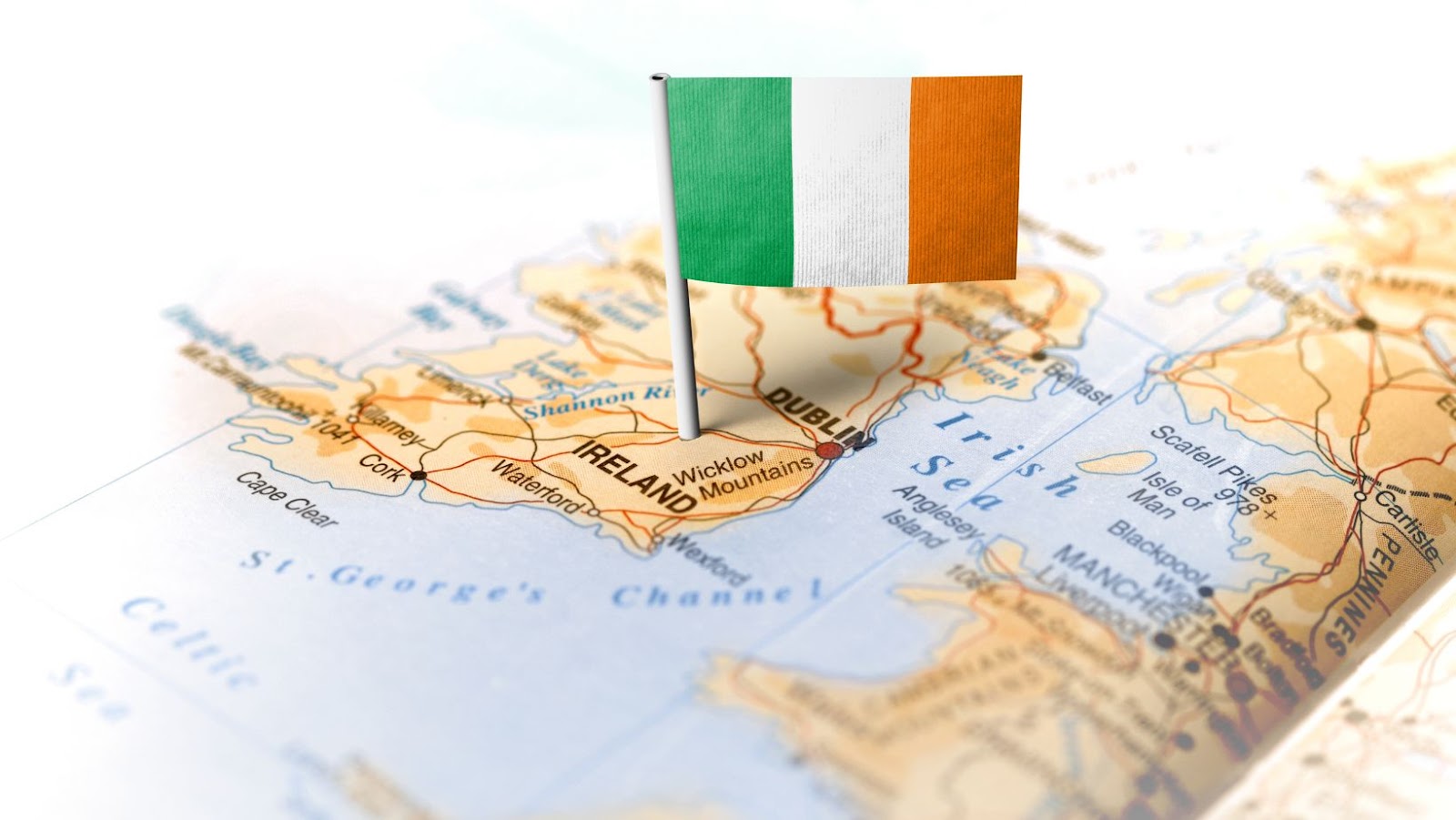 Travel Essentials for Ireland
Travel Essentials for Ireland
Planning a trip to Ireland? Whether you’re exploring Dublin’s vibrant streets or the rugged cliffs of Moher, packing the right essentials can make or break your adventure. Ireland’s weather is famously unpredictable, so it’s crucial to be prepared for anything from sudden downpours to sunny spells.
Travelers often overlook the importance of versatile clothing and reliable gear. From waterproof jackets to sturdy walking shoes, the right items ensure comfort and enjoyment. Additionally, don’t forget those small yet vital accessories like travel adapters and portable chargers. With the right essentials, your Irish journey will be smooth and memorable.
Travel Essentials for Ireland – When traveling to Ireland, versatile and practical attire ensures comfort in varying weather conditions. Layering is key for ting to Ireland’s unpredictable weather. Start with lightweight base layers (shirts, long sleeves) made from moisture-wicking fabric. Add mid-layers (sweaters, fleece jackets) for warmth. Finish with outer layers (waterproof jackets, down jackets) to protect against wind and rain.
Pack clothes suitable for a range of temperatures. Include a mix of short and long sleeves (t-shirts, thermals). Bring a warm hat and gloves for chilly days. Avoid heavy cotton fabrics; instead, choose synthetic blends or wool. Sturdy, waterproof footwear is essential in Ireland. Bring hiking boots for outdoor activities (trails, cliffs). Include comfortable walking shoes for urban exploration. Pack warm socks (wool blend) to keep feet dry and snug.
 Travel Documents
Travel Documents
Travelers should ensure all necessary documents are in order before heading to Ireland. Key documents include passports, visas, and travel insurance policies.
A valid passport is required to enter Ireland. For citizens of the United States, the United Kingdom, Australia, Canada, and the European Union, a visa is not necessary for stays up to 90 days. Other nationalities must check the Ireland Department of Foreign Affairs website for specific visa requirements. Ensure the passport has at least six months of validity from the planned date of departure.
While not mandatory, securing travel insurance is highly recommended. Coverage should include medical expenses, trip cancellation, lost luggage, and personal liability. Websites like InsureMyTrip and Squaremouth offer comparisons of various travel insurance plans to help choose the most comprehensive option. Check if policies include COVID-19 related disruptions for added security.
 Tech Gear
Tech Gear
Efficient tech gear ensures connectivity and convenience during a trip to Ireland. Below are essential items to include in your travel kit.
Ireland uses type G power outlets, delivering 230V at 50Hz. Pack a type G adapter to charge gadgets efficiently. Universal travel adapters with surge protection are recommended due to Ireland’s higher voltage. Examples include the Epicka Universal Travel Adapter and Bestek Portable International Travel Adapter. Charging multiple devices simultaneously becomes seamless with adapters that include USB ports.
Access to reliable internet aids navigation and communication during travel. Purchasing a local SIM card, like from Vodafone or Three, offers affordable data plans. Alternatively, portable Wi-Fi devices or mobile hotspots can maintain connectivity across multiple devices. Examples include Skyroam Solis and GlocalMe. Downloading offline maps via apps like Google Maps ensures navigation without network dependency.
Travelers to Ireland should prioritize health and safety preparations to ensure a trouble-free journey. Equip yourself with Travel Essentials for Ireland key medical essentials to handle minor health issues and emergencies. A comprehensive first aid kit is essential. Include adhesive bandages, antiseptic wipes, gauze pads, and medical tape for minor cuts and scrapes. Add pain relievers like ibuprofen or acetaminophen, antihistamines for allergic reactions, and antacids for stomach upsets. Pack blister treatments, tweezers, and a digital thermometer. Consider travel-sized versions of these items for convenience and portability. Bring enough prescription medications for the entire trip duration. Carry a copy of the prescription and a doctor’s note describing the condition and medication, especially for controlled substances. Include over-the-counter medications such as cold remedies, anti-diarrheal pills, and motion sickness tablets. Store all medications in their original labeled containers and keep them in your carry-on to avoid issues if checked luggage is delayed or lost.